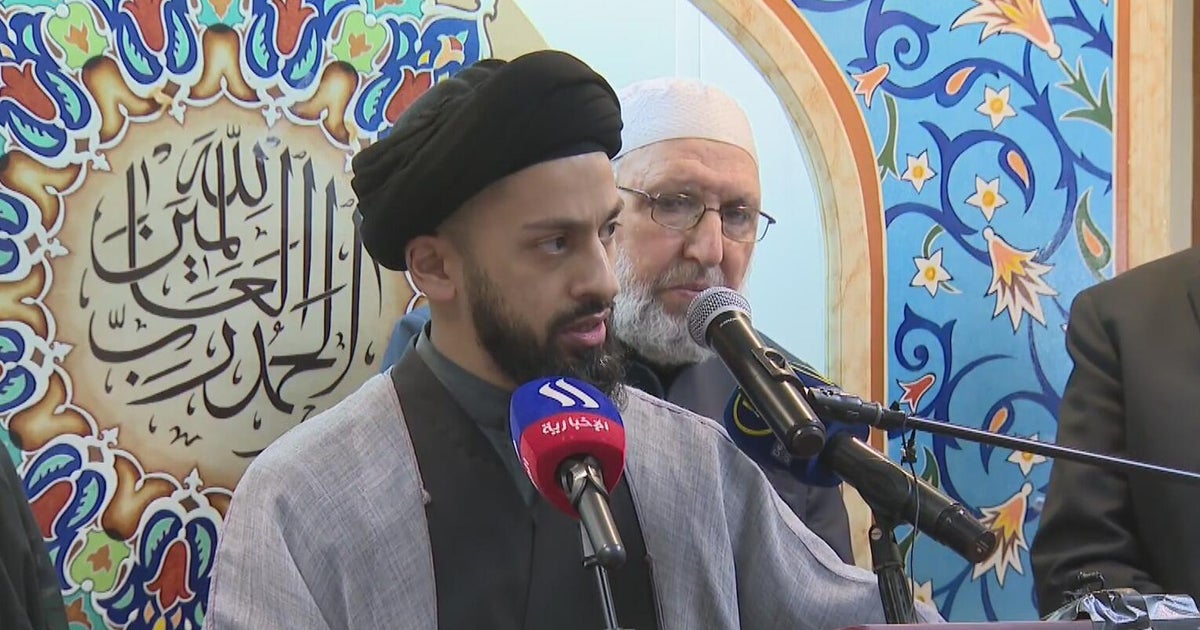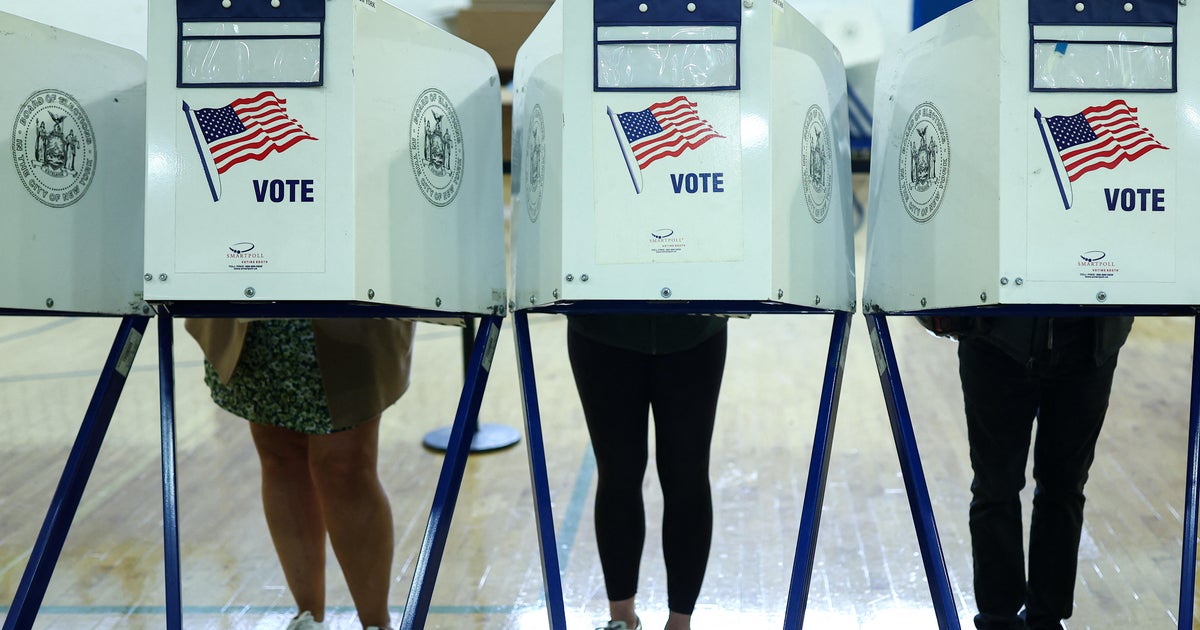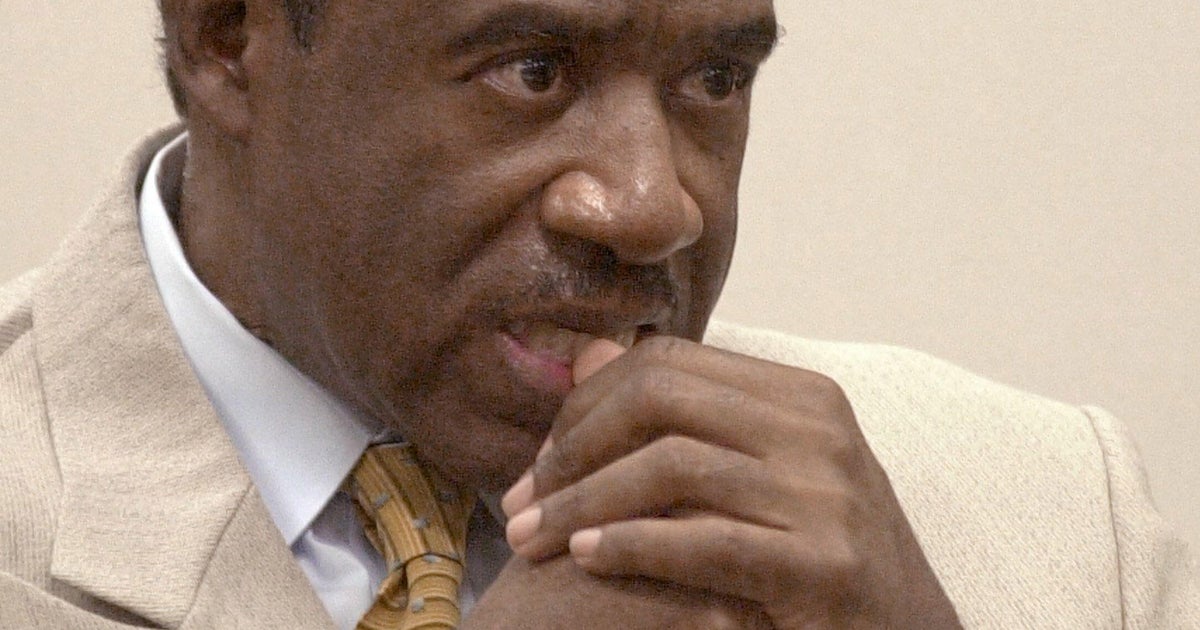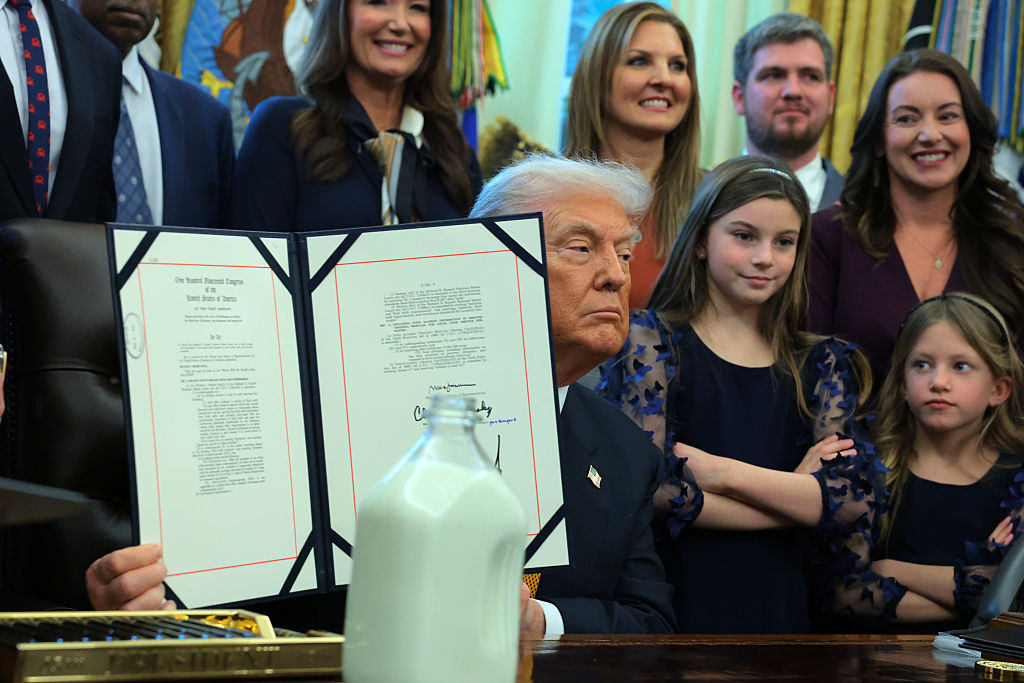Transcript: Former Ambassador to Mexico Roberta Jacobson on "Face the Nation," July 1, 2018
The following is a transcript of the interview with former U.S. Ambassador to Mexico Roberta Jacobson that aired Sunday, July 1, 2018, on "Face the Nation."
BRENNAN: Welcome back to FACE THE NATION. I'm Margaret Brennan.
Today voters across Mexico head to the ballot box to choose a new president. And in doing so, they're likely to send a strong message to those of us north of the border.
Joining us to discuss the consequences is former U.S. ambassador to Mexico, Roberta Jacobson.
Thank you for being here, ambassador.
ROBERTA JACOBSON, FORMER U.S. AMBASSADOR TO MEXICO: Thank you, Margaret.
BRENNAN: The expected winner here, AMLO, as he's called, Andres Manuel Lopez Obrador, is coming from the left wing party here in -- or really a party he's kind of paving the way for. But he's viewed as populist, sometimes described as kind of a left wing Donald Trump. And what do you think that his election could mean for relations with the U.S.?
JACOBSON: Well, you know, one of the things that -- that he, both in my discussions with him and in many of his conversations and his advisers' conversations ahead of these elections have emphasized, is the importance of the relationship with the United States and that it be positive and that they're going to work hard on that, which does not mean that it's going to be easier than it has been with the current Mexican government. I think there are a number of issues on which it's going to be difficult and maybe harder.
But he has been at pains to reassure people that he takes this relationship seriously, that he does not think that it needs to be descend into insults. And he has the leftist credentials to be able to stand up politely in a way that I think he's got the credibility to do that.
BRENNAN: And he had such fiery rhetoric. I mean he's talked about hitting back at the elite and --
JACOBSON: Right.
BRENNAN: Standing up to President Trump. A lot of the remarks the president has made over the past year have been very unpopular with people throughout Mexico.
JACOBSON: Uniformly. It's one of the only things they agree on.
BRENNAN: So what is at stake for Americans when it comes to this election?
JACOBSON: Well, I think the most important thing that's at stake is whether we continue to cooperate and work with Mexico as partners. Whether you're talking about economically or on trade or on migration or on security, or whether that partnership that we've built over the last 30 years begins to deteriorate.
BRENNAN: Well, the president describes it as already deteriorating. That Mexico is not doing its job at the border. That Mexico is sending drug dealers into the United States. He's used some pretty harsh language.
JACOBSON: Uh-huh. And -- and that is not helping make this partnership any better.
The fact is, the Mexican government currently in power -- and I expect certain aspects of Lopez Obrador's government to continue cooperation on things that are important to both countries. And that does include secure borders. It does include cooperating on narcotics. It also includes cooperating on people from outside the hemisphere who may be trying to enter the U.S. through Mexico.
BRENNAN: That's the border crisis.
JACOBSON: Well, but those are Central Americans. I'm talking about people who may be from all over the world, Middle East, south Asia. And we've had enormous cooperation with Mexico. So our own security depends on continuing that cooperation. And Mexico feels, quite rightly in many cases, that they've gotten almost no credit for that.
BRENNAN: You left the foreign service after, what 30 years --
JACOBSON: Thirty-one years.
BRENNAN: Thirty-one years as an American diplomat. You've served Democrats. You've served Republicans.
JACOBSON: Right.
BRENNAN: Why did you choose to leave the Trump administration?
JACOBSON: Well, Mexico -- being ambassador to Mexico was my dream job. I was the assistant secretary for the region for five years before that. And I loved the work.
I still love the work, but it became increasingly difficult to do under this administration because every time you try to do something on NAFTA or on security or on any of the most important issues to us, education, et cetera, things would get blown up by a tweet. And there were many people in government trying to do the right thing because this partnership is important to Americans and yet it just never seems that we could overcome the retreat into the vilification of Mexicans at a rally or a tweet. And that was really, really difficult.
BRENNAN: So the president's own words, you're saying, made it hard to actually implement his policies?
JACOBSON: Absolutely.
BRENNAN: The president's son-in-law, Jared Kushner, has taken a lead role in this relationship as well with the current government. In some ways bypassing diplomats like yourself. What does that mean with a new Mexican government? If he doesn't have someone at the end of the line who he's dear friends with like in the currently government, how do you build a bridge with this new, fiery populist who's coming into power?
JACOBSON: You know what? My expectation is there's going to be a period -- Mexico has a very long transition period. It's five months. So that's a long time to get themselves organized in which we also will be trying to, in the administration, the U.S. government will be trying to get themselves organized and find out who the counterparts are.
Will it go back to being foreign secretary to foreign secretary, which, with Mike Pompeo in the job at State, is much more probable, or will there be somebody close to Lopez Obrador that he'd like to put in the position to work with the White House directly? Having been in the State Department for 31 years, you can guess where my vote would be. I'd prefer to go back to institutional relationships that I think support and make the relationship stronger. But it's not clear to me that -- that this might not be a president in AMLO who likes the same thing. Who likes to find a trusted confidante and put that person in charge of the relationship. It's not clear.
BRENNAN: Well, high stakes, as you laid out, for immigration, for border security.
Thank you very much.
JACOBSON: For our opioid crisis as well.
BRENNAN: For our opioid crisis as well.
JACOBSON: We need them as partners.
Thank you.
BRENNAN: Thank you very much, Ambassador Jacobson.



